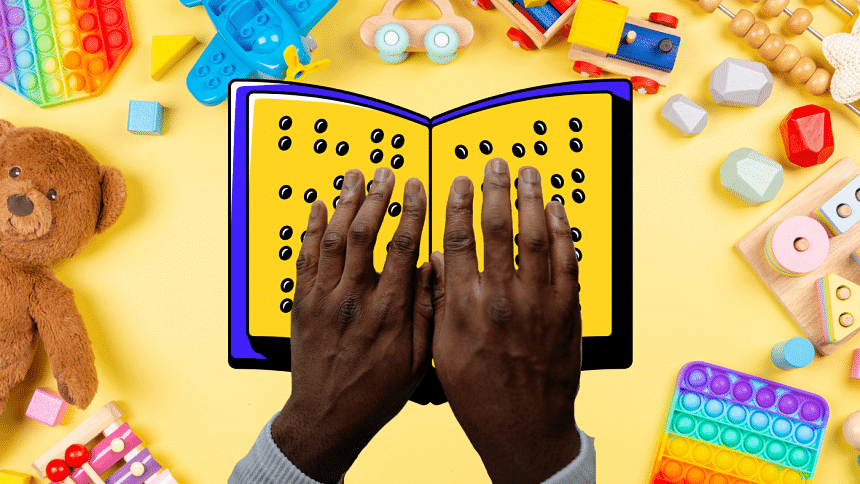Dealing with a blind parent

Dealing with parents is hard in general and only gets harder as you grow older. Many of us have to grow up earlier as we have to start picking up after our parents sooner than we'd like to. For myself, these responsibilities began weighing on me when I was fourteen.
Parents typically choose not to go to the doctor's in fear of a potentially bad diagnosis, opting to become the literal embodiment of "ignorance is bliss." However, when you have parents in their 70s, the fact that their actions (or lack thereof) might have an active impact on their children is ignored. They don't expect you to cater to them and yet, you find yourself planning your day around what they need. This is fine if you believe that you have to take care of your parents, which is something I also want to do, but not at the expense of my own work and sanity. That's a little unfair for anyone, if you ask me.
It was more than a decade ago that I started taking care of my father who started to lose his vision, and is now fully blind. As his blindness grew, I became an intruder in my own home. Be it during the day or the night, stepping out of my room and walking around the house is hushed. Unless I move like a stealthy ninja, there's always a scream of, "Who's there?!" My answer is always, "Dad, it's me. I'm home. I live here, too."
I may have started off as a daughter fulfilling her duties, but over the years, as both his eyesight and mental state worsened, I have become a space-occupying entity who makes sure that he doesn't hurt himself.
From reading his bank statements multiple times and spelling every word aloud, to telling him the colour of the shirt he's wearing, to reading out the instructions of the medication he's prescribed himself, to watching him cry because he can no longer see my face – every day is hurtful. Every day is a test of patience and a question of how much I can endure being his eyes.
After almost a decade of dealing with my father in this state, I began drawing lines as his words and actions began taking a toll on me – something that is not socially appreciated. However, when "I can't see" turns into a statement of guilt-tripping, meant to serve as the only explanation for me to cater to his unrealistic restrictions, regulations, and cut my life experiences short, I am required to draw the line. Not to say that I've completely abandoned him. I still do what's needed, but I make sure my life is not lessened.
It's a complicated situation to be in and not everyone understands what it's like. Some think of me as an ungrateful daughter, others extend sympathy. Regardless, it's only when you live with such parents for years that you either forget yourself and start to resent them, or you accept your fate as the caretaker. Unfortunately, no one from the outside can ever truly empathise.
Puja does nothing but read Gaiman and drinks unhealthy amounts of coffee. Send her cat photos at https://www.facebook.com/pspspspspspspspspspspuwu/

 For all latest news, follow The Daily Star's Google News channel.
For all latest news, follow The Daily Star's Google News channel. 








Comments